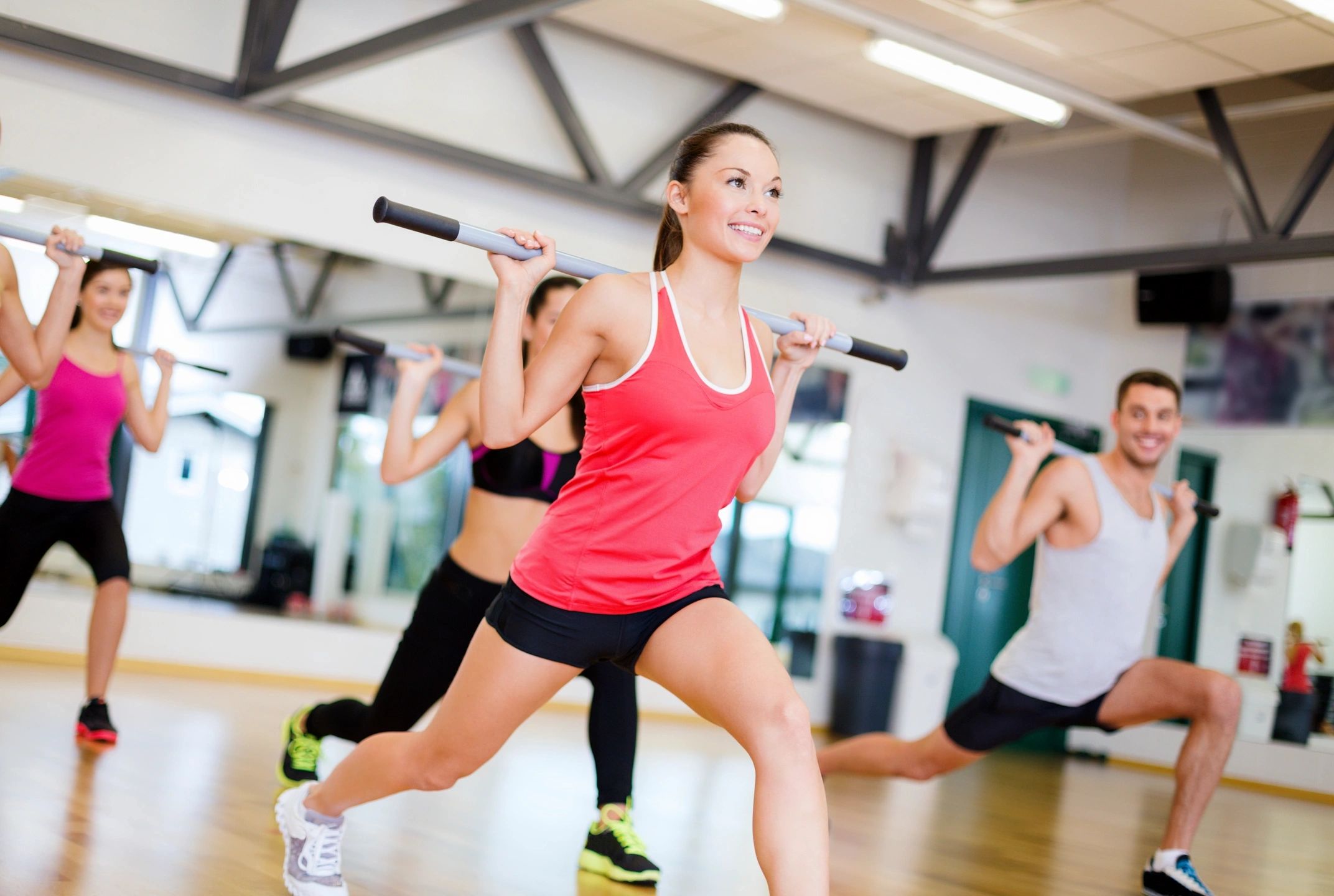For years, the fitness industry has been a realm saturated with gender biases and misconceptions. Women in fitness have often faced outdated stereotypes, reducing their roles to ancillary or secondary participants in the world of physical well-being. However, the tides are changing. The empowering shift towards inclusivity and dismantling old myths is not just inspiring—it’s transforming the fabric of fitness culture itself. The journey of women breaking stereotypes in fitness is a testament to resilience, courage, and the unwavering push for gender equality.
The Historical Stereotypes Women Face in Fitness
The history of fitness culture has not always been accommodating to women. Decades ago, women were often relegated to light aerobic exercises or dance-based routines, painted with the belief that heavy lifting or intensive training was solely the domain of men. Myths persisted that strength training would make women appear “masculine,” a misguided notion that stifled ambition and limited potential. Such stereotypes not only suppressed female participation but also propagated a skewed standard of health and beauty.
This restrictive narrative is now recognized for its inherent flaws. Women have emerged, not only as participants but as leaders who redefine fitness as a platform for empowerment. Yet, the echoes of these stereotypes are still present, reminding society of the importance of continued advocacy and education.
Modern Shifts in Fitness Culture
The modern fitness landscape has become a melting pot of progressive change. Today, women are challenging old norms and embracing strength training, high-intensity workouts, and leadership roles within the industry. The rise of social media has also amplified diverse voices, showcasing athletes and influencers who embody resilience and redefine what it means to be strong and feminine.
Body positivity and mental health are now intertwined with physical fitness, reshaping the narrative that fitness is merely about appearance. Instead, it’s an avenue for holistic well-being. Inclusive fitness movements that champion these values contribute to dismantling long-standing biases, fostering a sense of community that is built on support rather than judgment.
Inspirational Women Leading the Charge
Influential figures are at the heart of this change. Icons such as Serena Williams in tennis, Simone Biles in gymnastics, and weightlifters like Mattie Rogers exemplify that strength and femininity coexist seamlessly. These women have shattered preconceived limits, showing that leadership in sports is not defined by gender but by dedication, skill, and an unyielding spirit.
Moreover, everyday women in fitness—from personal trainers to wellness advocates—are leveraging their platforms to inspire others. Their stories of transformation, perseverance, and advocacy serve as a beacon of possibility for anyone doubting their place in the fitness sphere.
Benefits of an Inclusive Fitness Environment
Creating an environment that supports women in fitness benefits everyone. A space where diversity is celebrated encourages innovation and broadens perspectives. Inclusivity promotes better mental health, as women are more likely to feel valued and empowered when their efforts are acknowledged and supported.
Moreover, the dismantling of stereotypes fosters body positivity and encourages all individuals to pursue fitness without the fear of judgment. This ultimately cultivates a culture where progress is defined by personal goals and well-being, rather than societal pressures.
Barriers That Still Exist and How to Overcome Them
Despite the progress, obstacles remain. Subtle biases can still undermine female participation, from underrepresentation in leadership roles to the perpetuation of unrealistic beauty standards. Overcoming these barriers requires a concerted effort to challenge discriminatory practices and foster education about the diverse forms of strength and wellness.
Empowerment through knowledge, access to resources, and supportive policies can pave the way for greater gender equality in fitness. Grassroots initiatives and mentorship programs are instrumental in helping women build confidence and carve out their paths in a previously male-dominated industry.
Empowerment Through Community and Support
Communities that uplift women are integral to their success in fitness. From group workout sessions that encourage camaraderie to online forums that provide advice and motivation, these spaces empower women to push beyond their limits. The power of collective support can turn a solitary endeavor into a shared journey of growth and triumph.
Fitness is no longer just about individual achievement—it’s about lifting others, fostering resilience, and celebrating progress in all its forms.
Summary
The narrative of women in fitness is evolving. It’s a story of breaking stereotypes, fostering empowerment, and championing an inclusive future. With every weight lifted, every race run, and every victory celebrated, women continue to redefine fitness culture. This momentum not only strengthens the present but lays a powerful foundation for the next generation to build upon. In this era of transformation, women are not just participants in fitness—they are the vanguard of change.
Please like, comment, and share this article if you found it helpful and
informative.
Visit https://bigtownbulletin.com if you would like to see more of this content.
Please like, comment, and share this article if you found it helpful and
informative.
For more news check out Big Town Bulletin News
For more from Big Town Bulletin check out Big Town Bulletin


